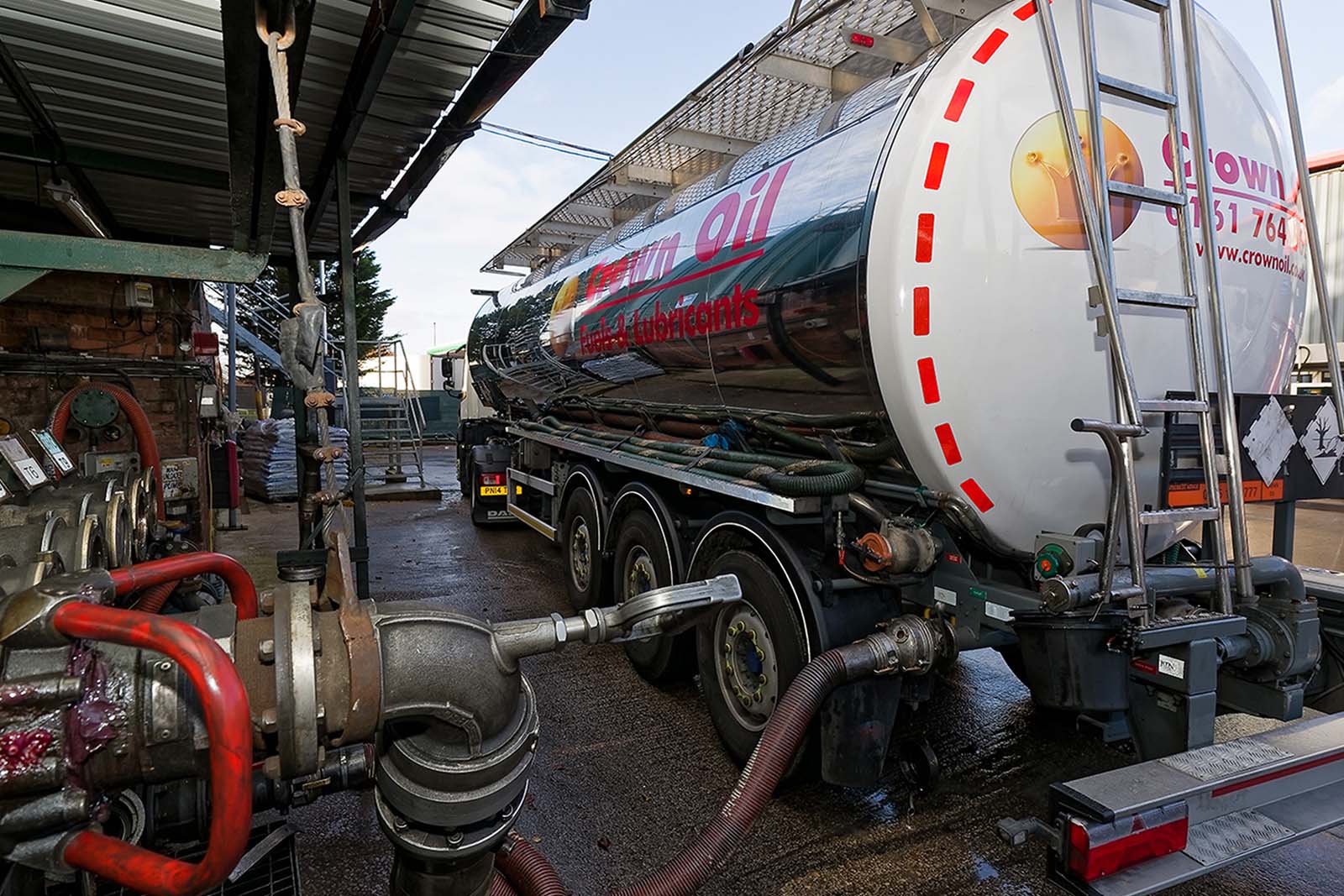In response to concerns about fuel cleanliness, the British Standards Institute (BSI) have now released an updated version of their BS 5410 code of practice. This standard covers the use of oil in generators, tanks, and boilers used for space heating, hot water, and steam generation.
Why have these changes been made?
These changes have been made amid increased concerns about the damage that can be caused by contaminated fuel. Considering that generators are used in places such as hospitals, poor fuel quality could lead to a backup generator failing to start, which in turn could put lives in danger.
The changes to the BS 5410 have also been made to take into account the use of biofuel, or fatty acid methyl ester (FAME).
What do the changes mean?
The use of biofuel and FAME have had an adverse effect on the quality of fuel and in turn, have also affected its lifespan. This is because FAME has hygroscopic properties, which basically means that it absorbs more moisture from the air than regular fuel.
When FAME absorbs moisture, it increases the chances of bacterial growth in fuel. This can lead to damaged machinery or obstructions in generators and fuel pumps.
The changes to BS 5410 now take biofuel and FAME into account. It points out that in order for fuel to stay in good condition, water contamination has to be removed.
What are the potential solutions?
There are several things you can do to make sure that your fuel supply now meets the new standard. If you’re unsure about how to spot contamination problems, take a look at our guide on how to spot contamination symptoms.
- Get your fuel analysed: It is important that you get your fuel supply checked every six months by experts. Make sure that you get a sample inspected in a lab that is UKAS-accredited. This is particularly vital if your standby generator is needed for emergencies.
- Use a reliable oil storage tank: Make sure that your new oil storage tank is the best that money can buy. Check it regularly to see if there are any signs of corrosion.
- Get your fuel professionally filtered: If you ever suspect that your fuel is contaminated, you should get it cleaned and filtered by experts straight away. If you have caught the contamination in time, then you should be able to return your fuel to its previous good health.
- Use the right fuel filters: When purchasing your own fuel filters, make sure that they meet the SAE J1488 2010_10 specifications. If they’re not, they could prove to be ineffective when used on fuels containing FAME.


